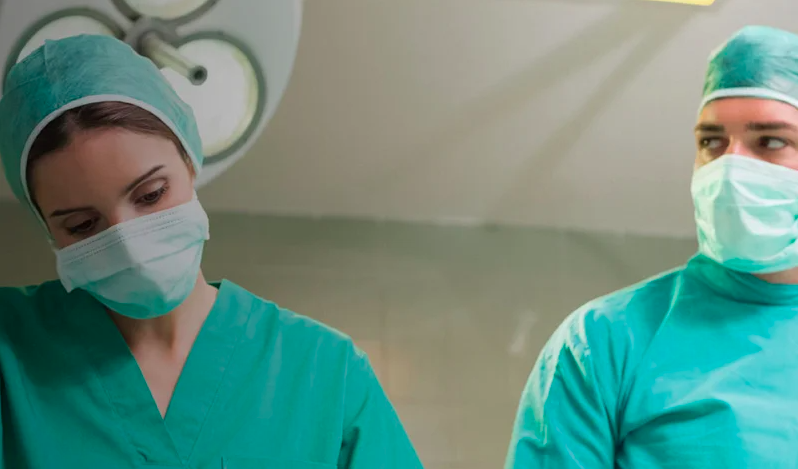Anaesthesia Fundamentals | Physiology | Metabolic and Synthetic Functions of the Liver 2



Metabolic and Synthetic Functions of the Liver 2
Session Overview
Description
Apart from its unique role in biliary and drug metabolism, the liver is central to the metabolism of lipids, carbohydrates and proteins. Lactate, an end product of carbohydrate and protein metabolism, is an important fuel source. The coagulation system depends on clotting factors (proteins) produced in the liver. Other plasma proteins are equally important. The liver is very effective in converting ammonia to safe metabolites. It is also a key organ involved in the body's immune system.
Learning Objectives
By the end of this session you will be able to:
- Produce a systematic classification of liver function
- Describe the role of the liver in the intermediate metabolism
- Know the function of lactate in the body
- Discuss the synthetic function of the liver
- Describe the handling of ammonia in the body
- Recognise the importance of the liver as an immune organ
Prerequisites
Before commencing this session you should complete the following:
- Functional liver anatomy and blood supply (001-0685)
- Metabolic and synthetic functions of the liver 1 (001-0686)
Table 1 shows a classification of liver function. The bold text represents the areas covered in this session.
Certain aspects of the intermediate metabolism particularly relevant to liver function will be highlighted.
These include:
- Lactate metabolism
- Synthetic function of the liver, specifically production of plasma proteins and coagulation factors
- Removal of ammonia, a by-product of protein metabolism
The role of the liver as an organ involved in the immune system will also be discussed.
- Step to Work | Systems that shape everyday practic...
- Posted By eIntegrity Healthcare e-Learning
- Posted Date: 2024-12-23
- Location:Online
- This session looks at how the everyday practice of allied health professionals is part of, and shaped by, complex systems.
- Step to Work | Sustaining change and learning
- Posted By eIntegrity Healthcare e-Learning
- Posted Date: 2024-12-23
- Location:Online
- In this session, we will help you begin to draw together some of your reflections and learning from the Step to Work programme. We will be drawing on some ideas from positive psychology to help you do this.
- Step to Work | Positive appraisal of learning duri...
- Posted By eIntegrity Healthcare e-Learning
- Posted Date: 2024-12-23
- Location:Online
- This session focuses on appraising your experiences in service settings to help you surface and understand the thoughts and feelings1 about difficult and challenging situations you have experienced. It will also help you to better appreciate your own stre
- Step to Work | Personal wellbeing at work
- Posted By eIntegrity Healthcare e-Learning
- Posted Date: 2024-12-23
- Location:Online
- This session explores how we can use self-care practices to help overcome the negative impacts that challenging days at work have on us and promote health and wellbeing.
- Step to Work | Introduction to the sessions in the...
- Posted By eIntegrity Healthcare e-Learning
- Posted Date: 2024-12-23
- Location:Online
- Introdcution to the sessions in the Step to Work programmme.
